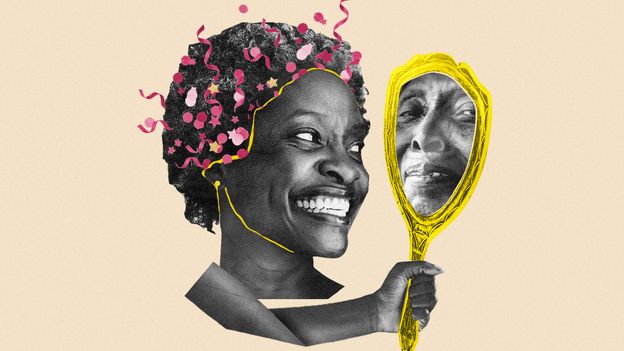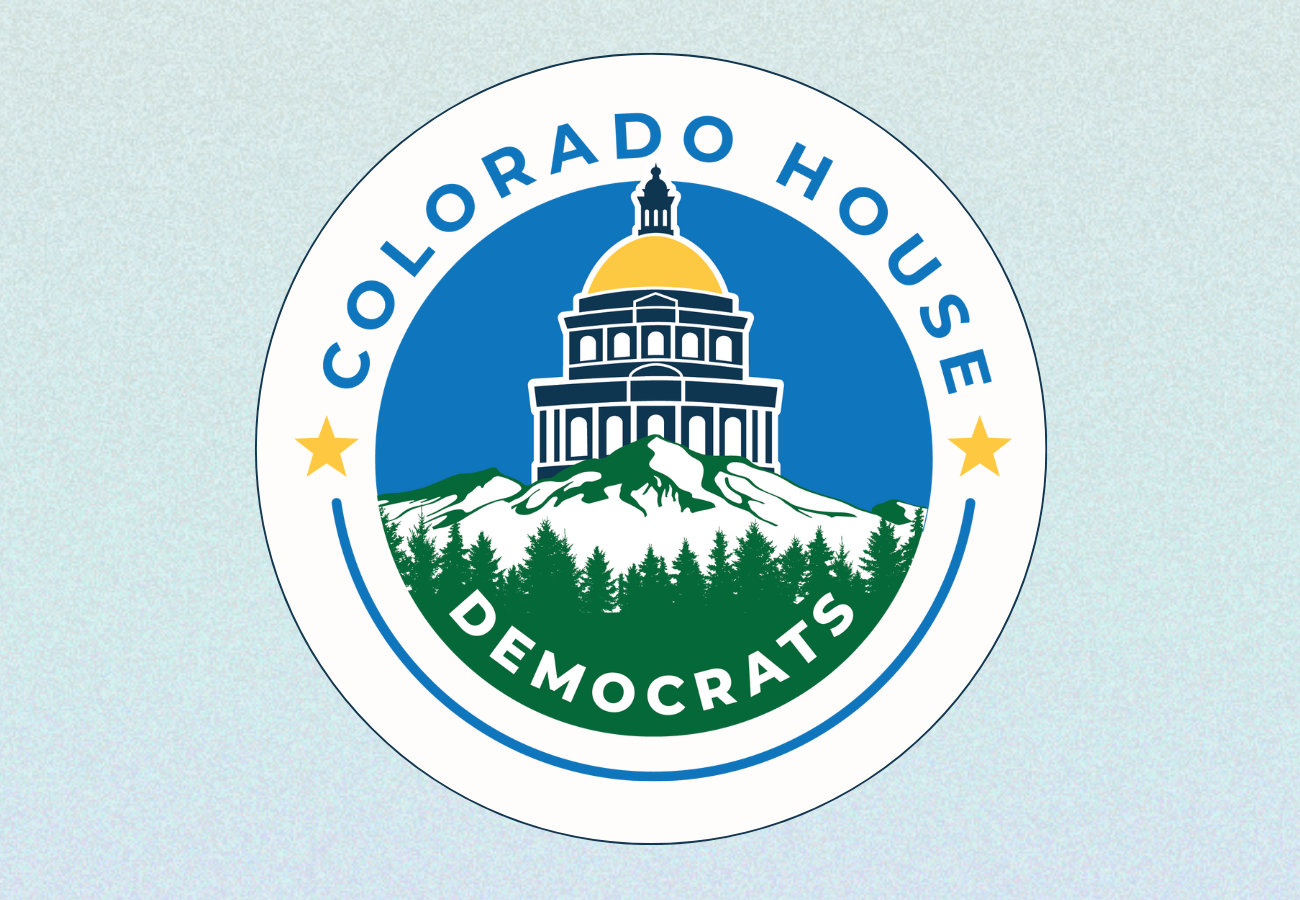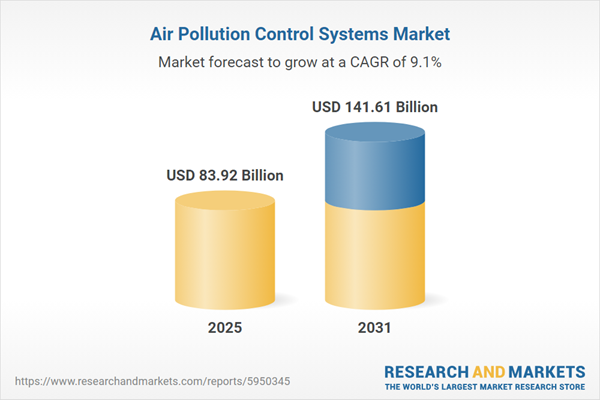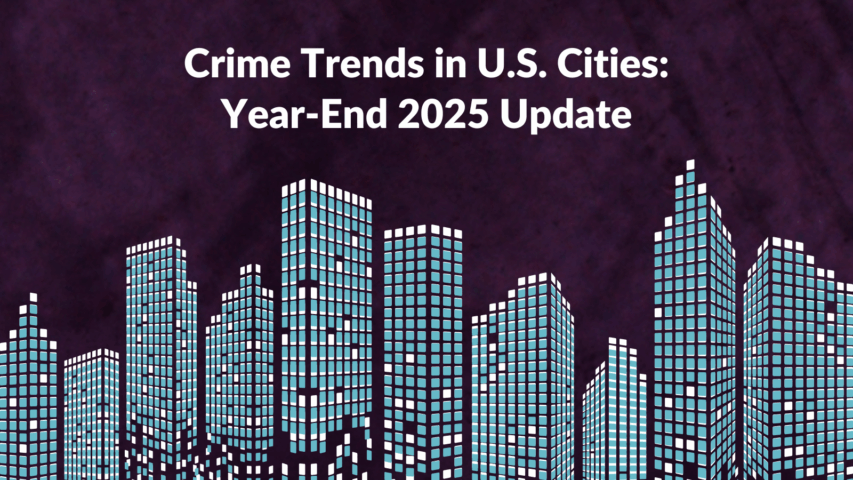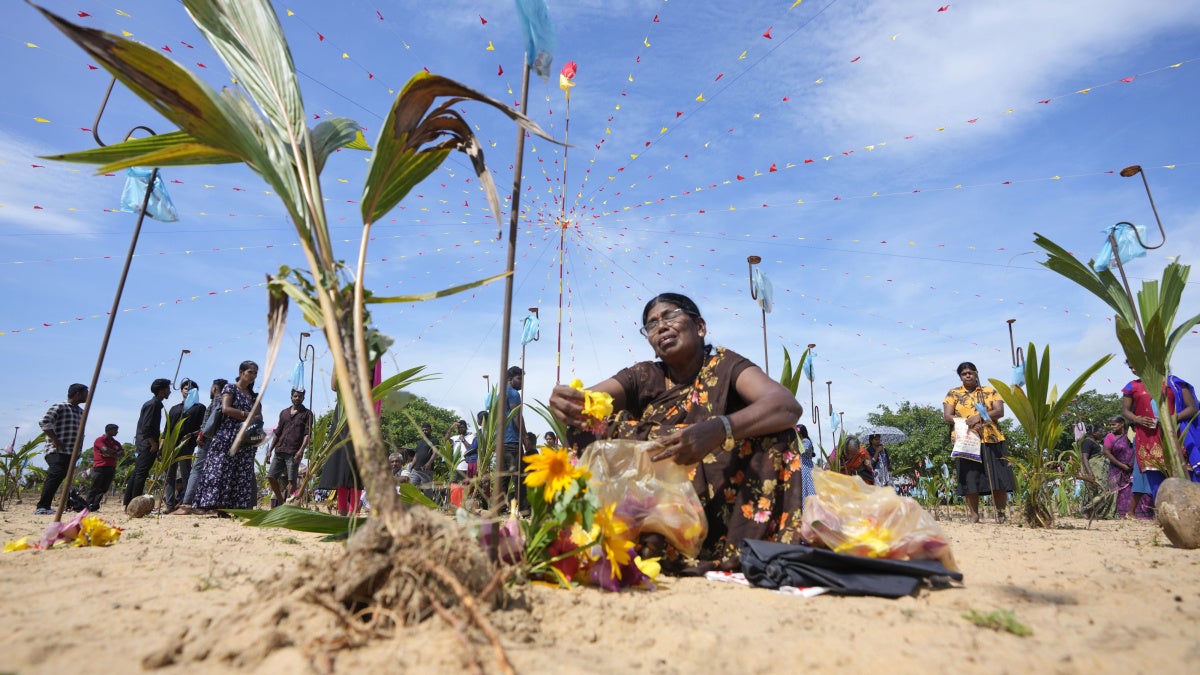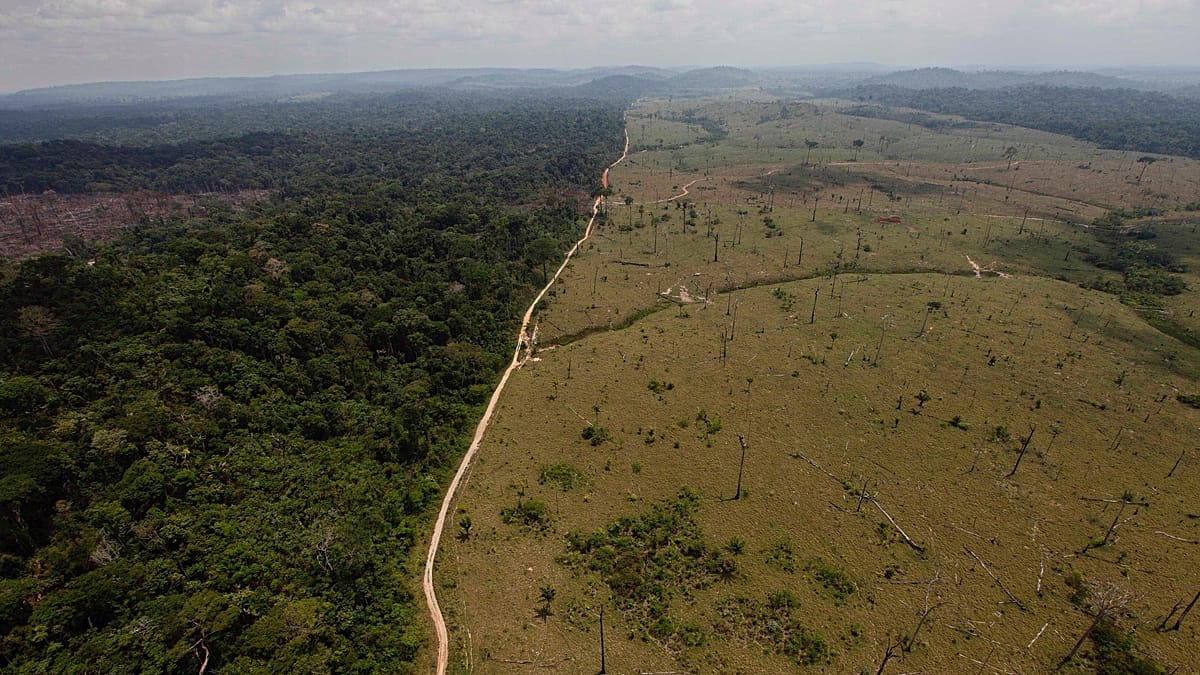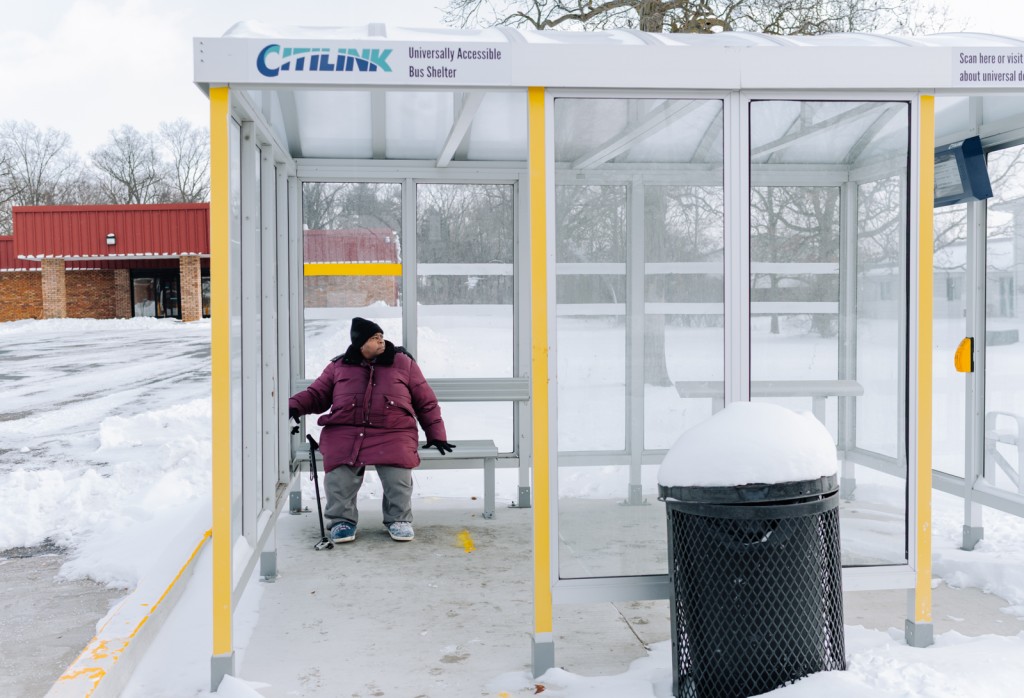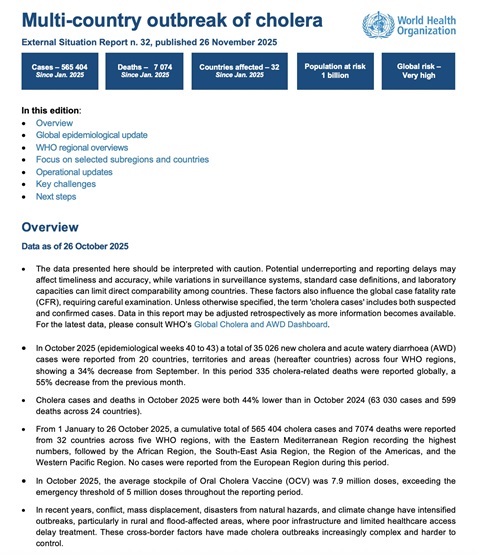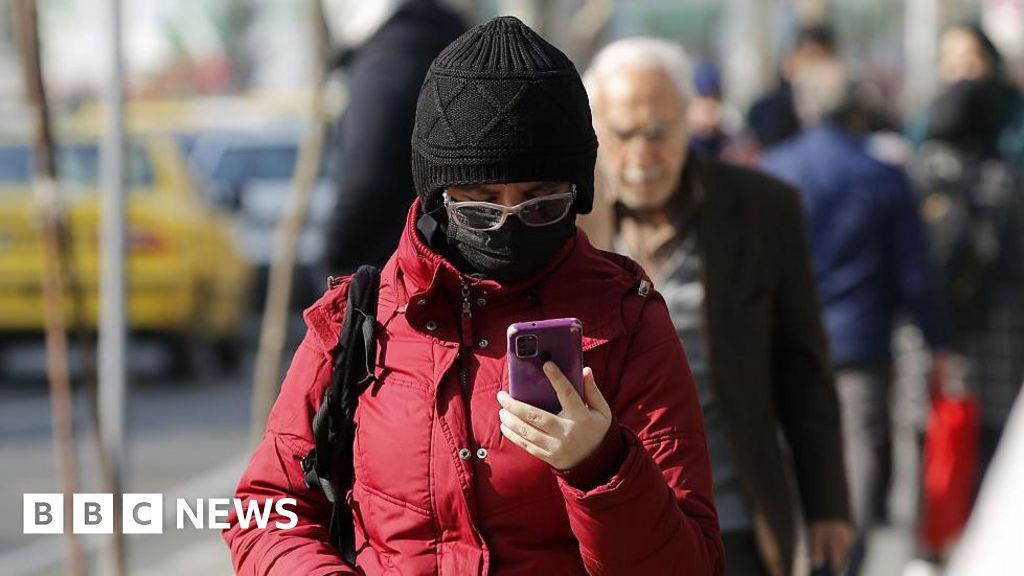FIDH publishes a report on the repression of the solidarity movement with Palestine – fidh.org
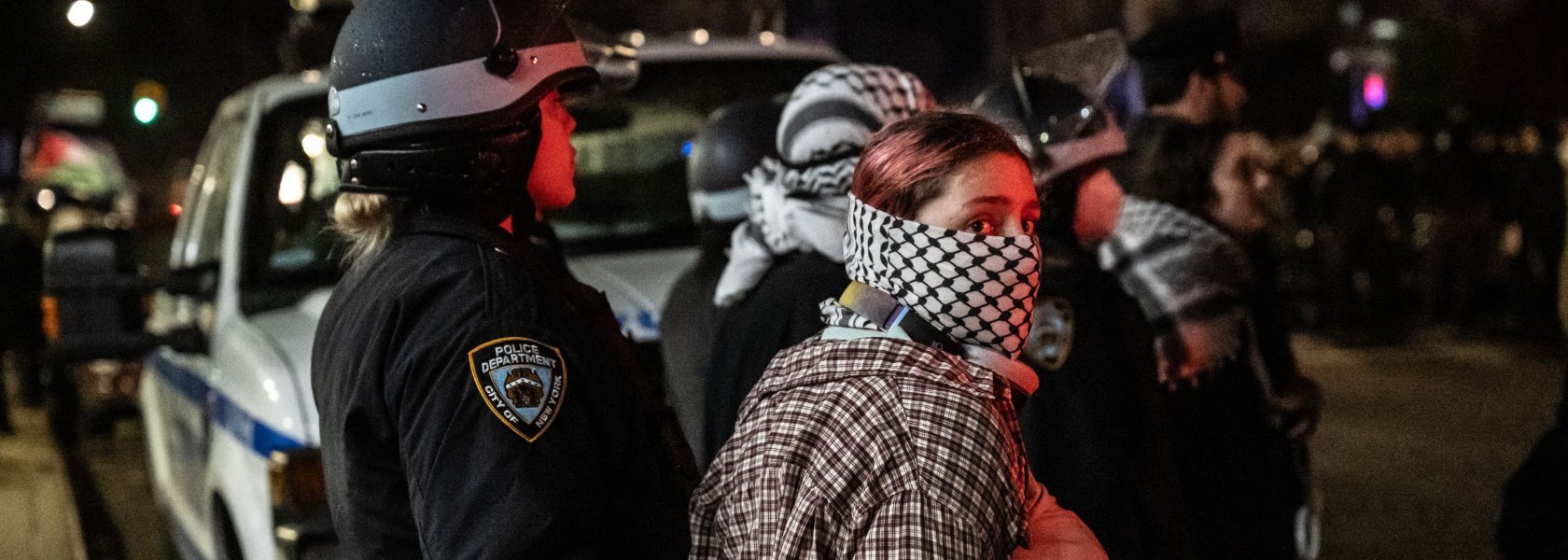
Report on the Erosion of Fundamental Freedoms and its Impact on Sustainable Development Goals
A report issued on 14 October 2025, titled Criminalisation and Narrative Control: Solidarity with Palestine in the Crosshairs, documents a trend of repression against dissenting voices that directly undermines progress towards the Sustainable Development Goals (SDGs), particularly SDG 16 (Peace, Justice and Strong Institutions).
Key Findings: A Challenge to SDG 16 and SDG 10
Contraction of Civic Space and Fundamental Freedoms
The report identifies a pattern of state actions that contravene international human rights obligations and impede the achievement of SDG Target 16.10, which aims to ensure public access to information and protect fundamental freedoms. Under the pretext of maintaining public order, combating antisemitism, or protecting national security, authorities have implemented measures that restrict civic space. These measures include:
- Bans on demonstrations
- Arbitrary arrests
- Repression within academic institutions
- Media censorship
- Legislative threats
Such actions create a widespread chilling effect on freedom of expression, undermining the inclusive and participatory societies envisioned in SDG Target 16.7.
Normalisation of Discriminatory Practices
The findings indicate an intensification of pre-existing structural trends that are incompatible with SDG 10 (Reduced Inequalities) and SDG Target 16.b (Promote and enforce non-discriminatory laws and policies). The report highlights the normalisation of Islamophobia and the institutionalisation of racial profiling, which erode the principles of equality and non-discrimination fundamental to the 2030 Agenda.
Misuse of Anti-Hate Legislation
A key driver of this repression is the growing conflation of antisemitism with legitimate criticism of state policies. By equating denunciations of international law violations with hate speech, governments are delegitimising critical voices. This practice fosters a climate of fear and weakens the accountability of institutions, a core component of SDG 16.6.
Analysis of Systemic Trends and Implications for Sustainable Development
Intensification of Structural Barriers
The dynamics observed since 7 October 2023 have exacerbated long-standing challenges to sustainable development. The report outlines four key structural trends that are being intensified:
- The continued shrinking of civic space.
- The weakening of democratic safeguards.
- The normalisation of Islamophobia.
- The institutionalisation of racial profiling.
Yosra Frawers, Head of the Maghreb and Middle East Desk at FIDH, notes that this “reflects a worrying shift towards the normalisation of exceptional measures in dealing with dissenting voices,” further distancing states from their SDG commitments.
Recommendations for Upholding Commitments to the 2030 Agenda
A Call for State Accountability and Protection of Civil Liberties
In line with SDG 16, FIDH calls on states to uphold their fundamental obligations under international law. Alice Mogwe, President of FIDH, stated, “States must guarantee everyone the right to express themselves and to mobilise peacefully, on all causes.” The report urges states to take the following actions:
- Ensure the effective protection of civil liberties.
- Prevent any political instrumentalisation of anti-hate measures.
- Guarantee the safety of human rights defenders.
Methodology and Collaborative Approach (SDG 17)
This report exemplifies the multi-stakeholder partnerships championed by SDG 17 (Partnerships for the Goals). Its findings are based on a rigorous analysis of open sources, international reports, and direct testimonies. The report was produced in collaboration with several FIDH member and partner organisations, including:
- Ligue des droits de l’Homme (France)
- Center for Constitutional Rights (United States)
- Committee for the Administration of Justice (Northern Ireland)
Analysis of SDGs, Targets, and Indicators
1. Which SDGs are addressed or connected to the issues highlighted in the article?
- SDG 16: Peace, Justice and Strong Institutions
This is the most relevant SDG as the article directly discusses the “weakening of democratic safeguards,” violations of “international human rights obligations,” and the need for “state accountability.” The core theme is the repression of fundamental freedoms and the shrinking of civic space, which are central to SDG 16’s goal of promoting just, peaceful, and inclusive societies.
- SDG 10: Reduced Inequalities
The article highlights the “normalisation of Islamophobia,” “institutionalisation of racial profiling,” and the undermining of “the voices of minority groups.” These issues are directly related to SDG 10, which aims to reduce inequality within and among countries by promoting the inclusion of all and eliminating discriminatory practices.
- SDG 4: Quality Education
The mention of “repression within academic institutions” and the targeting of “academics” for expressing their views connects the article to SDG 4. Academic freedom is a crucial component of quality higher education and fostering critical thinking, which is essential for sustainable development.
2. What specific targets under those SDGs can be identified based on the article’s content?
- Under SDG 16:
- Target 16.10: Ensure public access to information and protect fundamental freedoms, in accordance with national legislation and international agreements. The article’s focus on the “chilling effect on freedom of expression,” “media censorship,” “bans on demonstrations,” and the targeting of “activists, journalists, academics, and elected officials” for peacefully expressing support for Palestinian rights directly relates to the protection of fundamental freedoms.
- Target 16.3: Promote the rule of law at the national and international levels and ensure equal access to justice for all. The article points to authorities resorting to “exceptional measures” that “directly violate international human rights obligations” and calls for states to “guarantee everyone the right to express themselves and to mobilise peacefully.” This highlights a breakdown in the rule of law.
- Target 16.b: Promote and enforce non-discriminatory laws and policies for sustainable development. The text describes how anti-hate measures are being “misused to justify arbitrary restrictions on freedoms” and how the “conflation of antisemitism with legitimate criticism of Israeli state policies” is a key driver of repression, indicating the discriminatory application of laws and policies.
- Under SDG 10:
- Target 10.3: Ensure equal opportunity and reduce inequalities of outcome, including by eliminating discriminatory laws, policies and practices. The article’s reference to “institutionalisation of racial profiling” and the “normalisation of Islamophobia” points directly to discriminatory practices that this target aims to eliminate.
3. Are there any indicators mentioned or implied in the article that can be used to measure progress towards the identified targets?
- For Target 16.10 (Protect fundamental freedoms):
While the article does not cite official SDG indicators, it implies several metrics that could be used to measure the “shrinking of civic space.”
- Number of bans on demonstrations: The article explicitly mentions “bans on demonstrations” as a repressive measure.
- Number of arbitrary arrests: The text refers to “arbitrary arrests” of those expressing dissenting views.
- Verified cases of media censorship: “Media censorship” is listed as a tool used by authorities.
- Number of human rights defenders, journalists, and academics targeted: The article states that “activists, journalists, academics, and elected officials have been targeted.” Tracking these cases would be a direct indicator.
- For Target 10.3 (Eliminate discriminatory practices):
The article suggests indicators related to the rise of discrimination.
- Documented cases of racial profiling: The report’s finding of “institutionalisation of racial profiling” implies that such cases can be documented and tracked.
- Reports on Islamophobia: The “normalisation of Islamophobia” is a key trend identified, which could be measured through reports from human rights organizations.
4. Table of SDGs, Targets, and Indicators
| SDGs | Targets | Indicators (Implied from the article) |
|---|---|---|
| SDG 16: Peace, Justice and Strong Institutions | 16.10: Ensure public access to information and protect fundamental freedoms. |
|
| 16.3: Promote the rule of law and ensure equal access to justice. |
|
|
| 16.b: Promote and enforce non-discriminatory laws and policies. |
|
|
| SDG 10: Reduced Inequalities | 10.3: Ensure equal opportunity and eliminate discriminatory practices. |
|
| SDG 4: Quality Education | 4.7: Ensure all learners acquire knowledge and skills for human rights and a culture of peace. |
|
Source: fidh.org
What is Your Reaction?
 Like
0
Like
0
 Dislike
0
Dislike
0
 Love
0
Love
0
 Funny
0
Funny
0
 Angry
0
Angry
0
 Sad
0
Sad
0
 Wow
0
Wow
0










